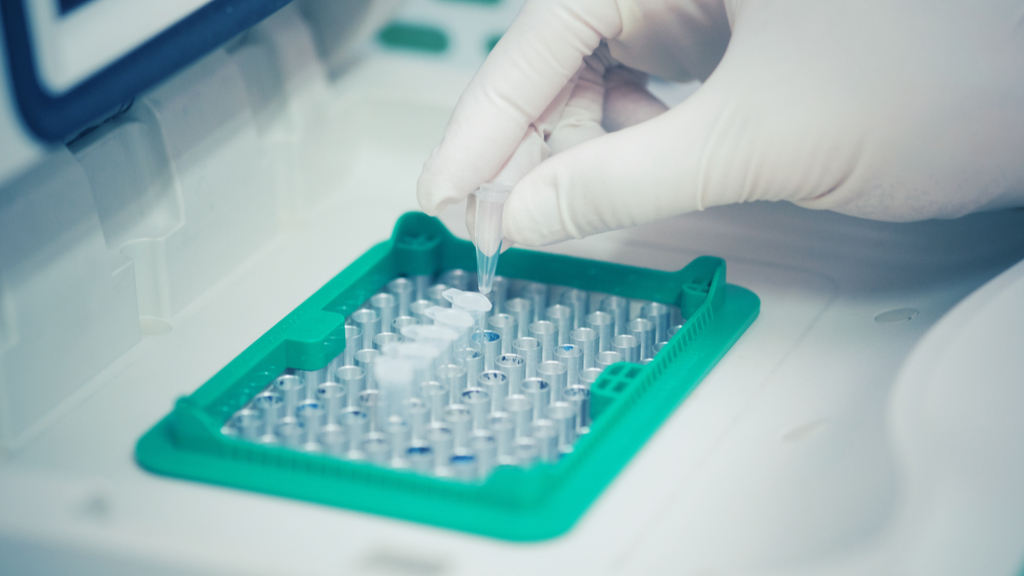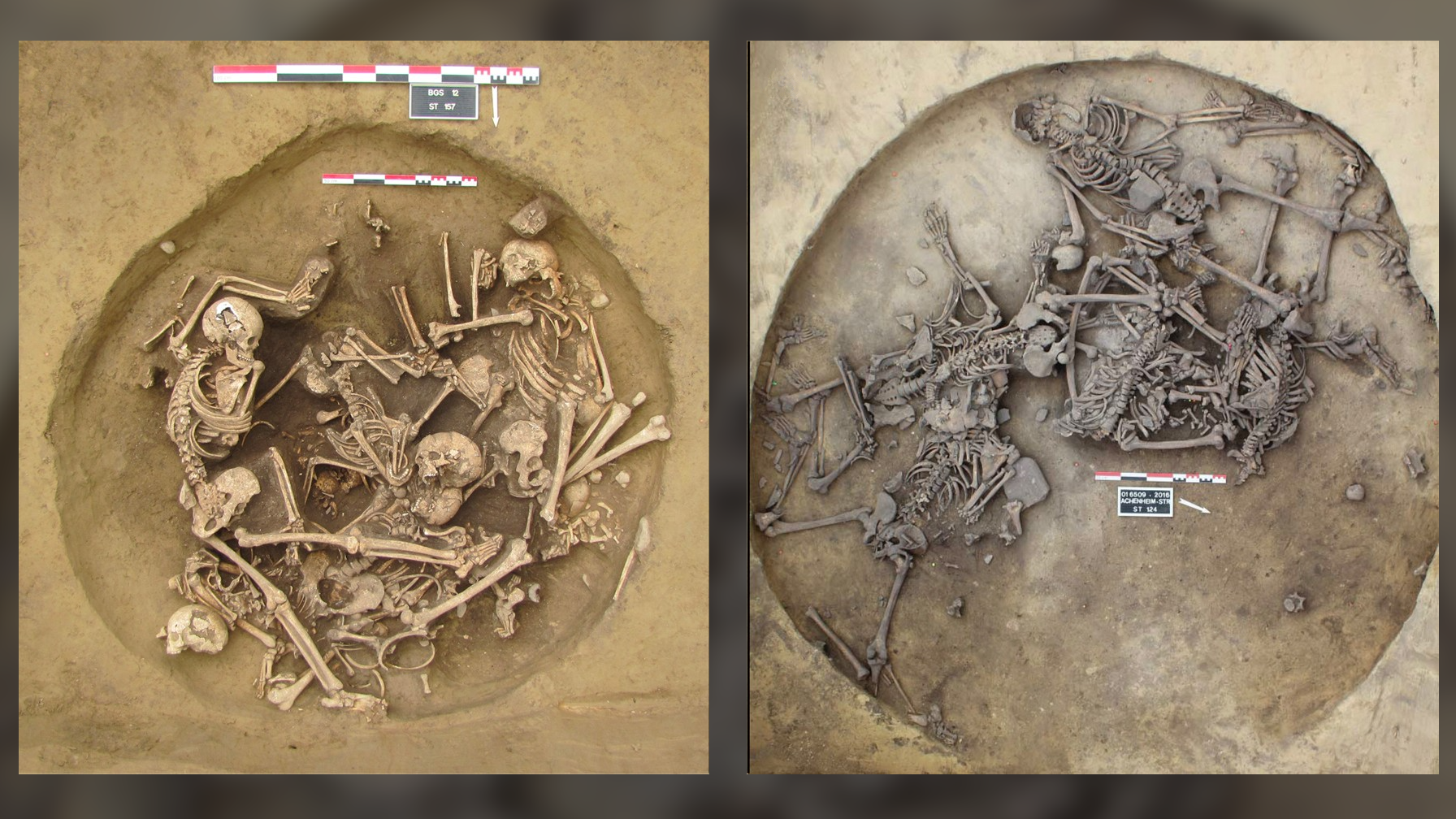Even if you test negative for COVID-19, assume you have it, experts say
No diagnostic test is 100% accurate, but experts have still expressed concern at the accuracy of the COVID-19 tests.

Conventional diagnostic tests for the novel coronavirus may give false-negative results about 30% of the time, meaning people with an active COVID-19 infection still test negative for the disease, according to news reports.
"Unfortunately, we have very little public data on the false-negative rate for these tests in clinical practice," Dr. Harlan M. Krumholz, a professor of medicine at Yale University and director of the Yale New Haven Hospital Center for Outcomes Research and Evaluation, wrote in an opinion piece in The New York Times. However, preliminary research from China suggests that the most common type of COVID-19 test, known as a reverse transcriptase polymerase chain reaction (RT-PCR) test, may give false-negative results about 30% of the time.
The Chinese research has not yet been peer-reviewed, but anecdotally, Krumholz's colleagues have expressed concern that the false-negative rate may be even higher in the U.S., he wrote.
"A lot of my patients who have symptoms, who I clinically think have COVID-19, are testing negative," Dr. Alain Chaoui, head of Congenial Healthcare, a practice with 50,000 patients across five locations in Massachusetts, told The Boston Globe.
RT-PCR tests work by detecting bits of viral genetic material present in a patient's mucus, saliva and cells at the very back of their nasal cavity, where the nose meets the throat, Live Science previously reported. Doctors collect patient samples using a long, skinny swab and then apply chemicals to the sample to eliminate everything apart from the viral genetic material, called RNA. Enzymes added to the sample jump-start a chemical process that transcribes the RNA into DNA, which can then be processed in a machine and copied many times over.
With enough DNA copies on hand, scientists can then apply fluorescent tags to the sample that bind to specific bits of genetic material and glow once attached. The glow announces the presence of SARS-CoV-2, the virus that causes COVID-19.
Related: 10 deadly diseases that hopped across species
Get the world’s most fascinating discoveries delivered straight to your inbox.
"The good news is that the tests appear to be highly specific: If your test comes back positive, it is almost certain you have the infection," Krumholz wrote. But RT-PCR tests might give false-negative results for a number of reasons, he added.
In one scenario, the initial swab sample may not always collect enough genetic material to provide an accurate test. This problem may arise more often in patients who do not show many symptoms at the time of their test, the Globe reported. In addition, the standard nasopharyngeal swab, wherein a long instrument is wriggled and rotated to the very back of the nasal cavity, can be both difficult for clinicians to perform and uncomfortable for patients to endure, Krumholz wrote.
Alternatively, false-negative results may result from how tests are processed in the laboratory or what specific chemicals are applied to each sample, Krumholz noted.
If false-negative results prove fairly common, what should people do if they receive one?
Chaoui told The Boston Globe that he is advising all his patients who test negative for the virus to assume they are infected, regardless, and quarantine themselves until they are symptom-free for at least 72 hours. Krumholz shared a similar sentiment in the Times. At UMass Memorial Medical Center in Worcester, epidemiologist Dr. Richard Ellison told the Globe that the hospital is now retesting patients who received a negative test but have symptoms of the novel coronavirus, in an attempt to cut down on false negatives.
"For now, we should assume that anyone could be carrying the virus," Krumholz wrote. "If you have had likely exposures and symptoms suggest Covid-19 infection, you probably have it — even if your test is negative."
That said, no diagnostic test provides accurate results 100% of the time, and the tests developed by the U.S. Centers for Disease Control and Prevention are highly sensitive to the coronavirus, Dr. Larry Madoff, medical director of the Bureau of Infectious Disease at the Massachusetts Department of Public Health, wrote in a statement, according to the Globe.
"No test detects every case and there is no current 'gold standard' to compare [the COVID-19 tests] to," he wrote. "Testing may be falsely negative if the test is obtained too early or too late compared to infection, or if the sample isn’t obtained or processed correctly."
- Going viral: 6 new findings about viruses
- The 12 deadliest viruses on Earth
- Top 10 mysterious diseases
Originally published on Live Science.
OFFER: Save at least 53% with our latest magazine deal!
With impressive cutaway illustrations that show how things function, and mindblowing photography of the world’s most inspiring spectacles, How It Works represents the pinnacle of engaging, factual fun for a mainstream audience keen to keep up with the latest tech and the most impressive phenomena on the planet and beyond. Written and presented in a style that makes even the most complex subjects interesting and easy to understand, How It Works is enjoyed by readers of all ages.

Nicoletta Lanese is the health channel editor at Live Science and was previously a news editor and staff writer at the site. She holds a graduate certificate in science communication from UC Santa Cruz and degrees in neuroscience and dance from the University of Florida. Her work has appeared in The Scientist, Science News, the Mercury News, Mongabay and Stanford Medicine Magazine, among other outlets. Based in NYC, she also remains heavily involved in dance and performs in local choreographers' work.

